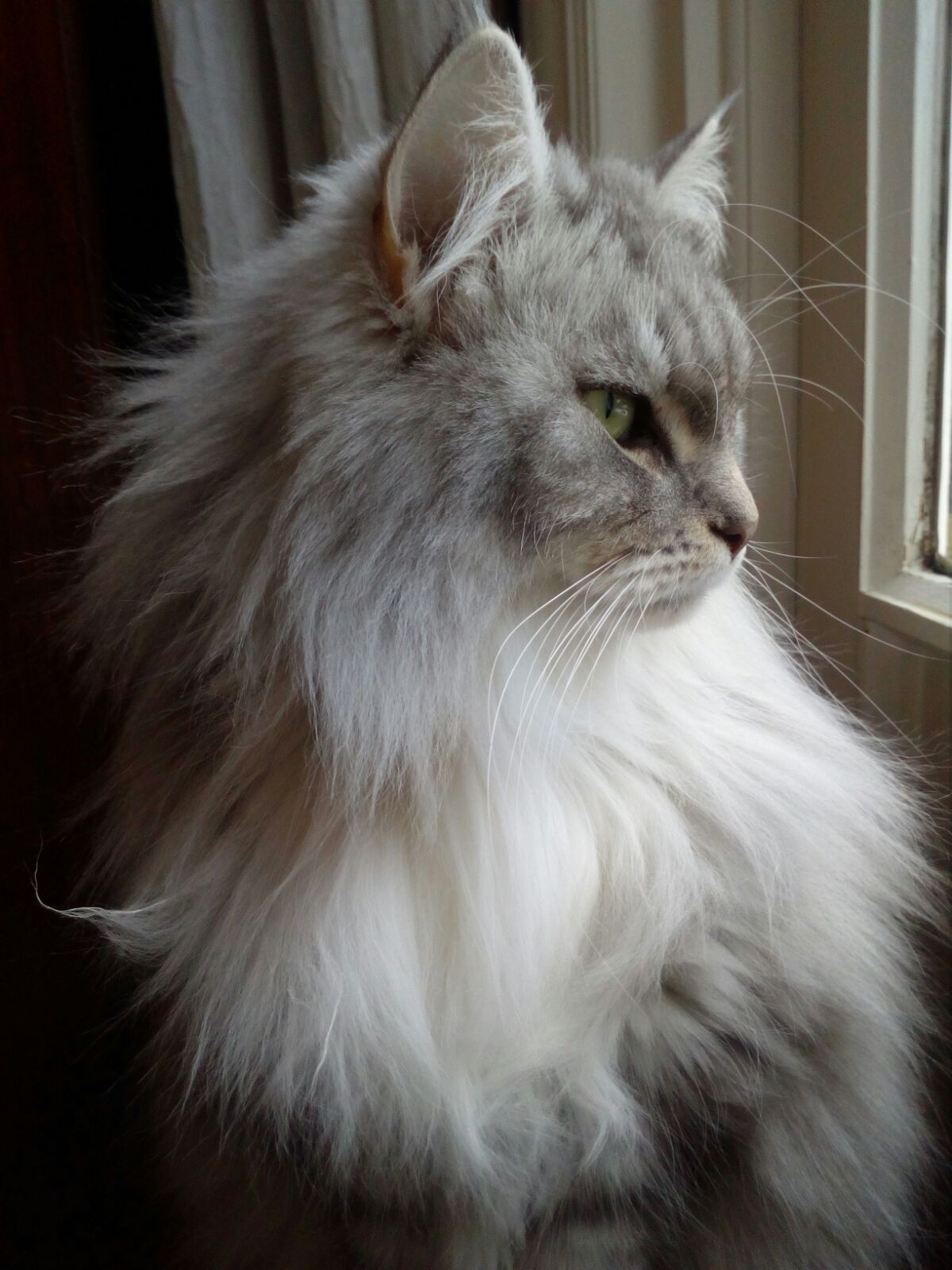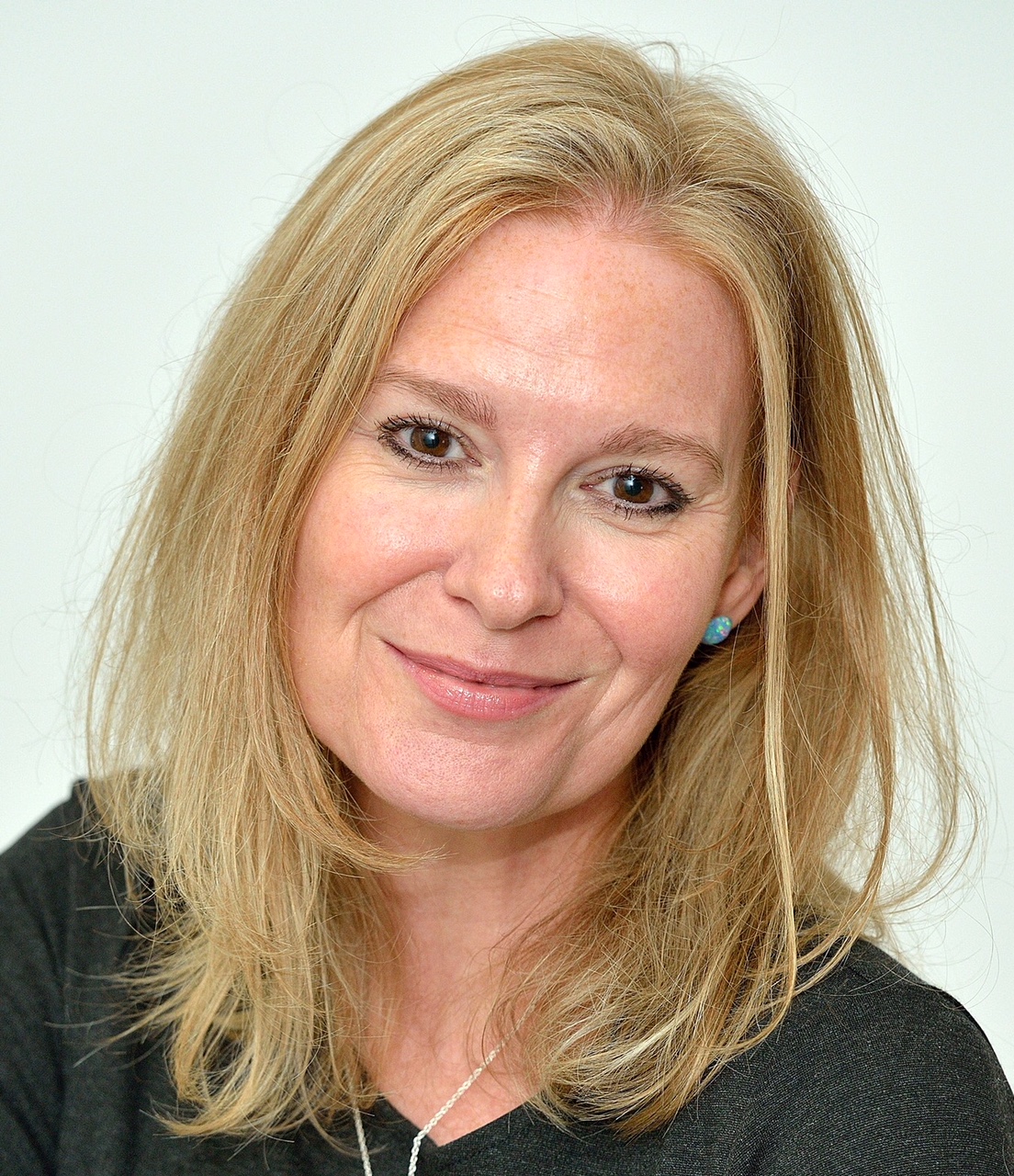Welcome to the Author Interview. This time, it features the lovely Kerensa Jennings, author of Seas of Snow.
If you’re an author who’d like to take part in the series, email me: debbie@myrandommusings.co.uk
Now over to Kerensa:
1 Firstly, tell us a little bit about yourself
Thank you so much for having me, Debbie. Gosh, where to start!
I would probably define myself as a storyteller. I was a TV producer for years, and lucky enough to work with some incredible people from Nelson Mandela to Sir David Attenborough. I was programme editor of the BBC’s world famous current affairs show, Breakfast with Frost with Sir David Frost for a few years, and the BBC’s election results editor.
I moved into strategy and was the BBC’s head of strategic delivery. I am also the visiting professor of media, strategy and communications at the University of Huddersfield and these days, I work in digital enterprise running The Duke of York Inspiring Digital Enterprise Award.
I have a Siberian Forest cat called Cabbage – a ridiculously pretty, furry thing who makes me smile every day.
Oh… and I like to write 🙂

2 Tell us a little bit about your books
Seas of Snow has been described as a psychological thriller, a crime novel, and literary fiction. I think it is probably a hybrid of all of those.
The story was inspired by a real-life crime investigation I worked on. I led the BBC News coverage of a famous case where a school caretaker murdered two beautiful little ten–year-old girls from his school in Soham. I worked closely with the police on that case and got to see all the evidence – including some very traumatising video footage. I then had to sit behind the perpetrator day after day in court during the trial. I found it emotionally eviscerating.
Writing Seas of Snow in large part acted as a process of catharsis for me. I wanted to find out more about the mind and motives of a psychopath and explore whether evil is born or made.
Bringing a journalistic eye for detail and a literary eye for language is a strange combination I suppose, but something that is intrinsic to my writerly life.
The hardback came out last year in the spring, and by the summer it was a best seller. I’m beyond touched how much it seems to have moved readers…. and can hardly believe how many five star reviews it has got!
3 Where do you find your inspiration for your books?
Seas of Snow is the first of three psychological thrillers inspired by my time working in journalism.
It is a very darkly emotional novel. There are passages which not only broke me to write them, but I find if I re-read them, they make me cry. I was on the tube on the way to work recently preparing for an interview about the book and read one passage in particular… moments later I had tears streaming down my cheeks. I had to hastily dab them away.
Because the story was inspired by a real life crime, and my knowledge of the evidence of that crime, the actual writing took a lot out of me. Of course I transposed my story to another time and place; and Seas of Snow was just ‘inspired by’ the case, not ‘based on’ it. But anyone familiar with the case will recognise the predatory nature of the antagonist.
4 What, for you, is the best thing about being a writer?
Writing is my passion…. it flows in me and through me. I’ve been writing poems and short stories ever since I could hold a pencil. It’s something I just feel compelled to do – it’s how I process my feelings and make sense of the world.
5 And the worst?
I don’t ever have enough time to write.
I do however write little bits and pieces every day… I need to. But I wish I had a lot more free time to invest in long-form writing.
Analogies and word formations and constellations of phrases simply poke themselves into being and I find myself transmuting them from somewhere inside to somewhere tangible, on paper or on a screen. Often on the tube when I am travelling to and from work.
Poetry is just something that happens organically and needs to spill out of me. When I was writing Seas of Snow, it felt entirely natural to simply write as ‘me’ – and that meant letting myself write freely in a way that many have since described as ‘literary’ or ‘poetic’. I did not do this consciously, although I admit I love language – the way it sounds, the way you can put it together, the way you can create soundscapes through your writing. I just wish I could spend more time ‘being me’ and writing.
6 If you could have any super power, what would it be and why?
I would own a time machine… partly so I could park time occasionally and write, and partly so I could conduct real-world research going back in time and bearing witness to the past. Can you imagine getting the chance to see the dinosaurs, or interviewing some of the great men and women through history?

7 Do you have any tips for anyone wanting to write their first book?
1) First…. read, read, read… then read some more, then some more, then some more. I believe by studying and critiquing literature, working out what makes stories compelling, and what makes the writing good; analysing structure and plot and character and denouement – all these things are what gave me the tools I needed to write a novel myself.
I had also been fed up of reading so many disappointing endings that just tailed away, which gave me my impetus to try to write an ending that would make readers feel glad they had invested in getting that far. So reading and analysing what you think doesn’t work is every bit as useful, I think, as reading great works.
2) In addition to reading, try to write a little every day. Just keep up that metronome beat of always writing.
3) Write for you and be true to yourself.
4) If you are writing for fame, glory or riches it might be worth finding another route for those things as they happen to very few writers.
5) And very importantly – don’t give up.
6) Oh…and read!
8 Tell us one random fact about you
My name, Kerensa, is the Cornish word for ‘love’.
9 Who is your favourite author?
So hard to pick just one. I love different authors for different reasons.
I read for pleasure, and I read to be inspired. I think the best education for a writer is to be a reader. Read, read, read, and read some more. Read things you are naturally drawn to, and things you are not.
Some of the finest writers in my view are – in no particular order – F Scott Fitzgerald, Milan Kundera, Leo Tolstoy, Gabriel García Márquez, Ian McEwan, Jon McGregor, Ernest Hemingway, John Steinbeck, George Orwell, Franz Kafka, Stephen King, Edgar Allan Poe, Charles Baudelaire, Rainer Maria Rilke, Pablo Neruda, Stéphane Mallarmé, Walt Whitman.
10 And your favourite book(s)?
Ooooh I would have to say Immortality by Milan Kundera. An extraordinary book that made me think and reminded me how special the art of writing can be.
But I also adore Rainer Maria Rilke’s book Letters to a Young Poet (anyone who has read Seas of Snow will have had a little taster of his work), and Tolstoy’s Anna Karenina.
Most recently I really enjoyed reading Stoner by John Williams, and Widow Basquiat by Jennifer Clement, both of which I absolutely loved.
11 What book are you reading right now?
Devotion by Patti Smith. It was a birthday present and I am feeling incredibly inspired both by the beautiful use of language and the philosophy inherent in the prose.
12 Where is your favourite place to write?
Either outdoors somewhere beautiful, like in the mountains of southern Spain, or in my dining room, looking out onto my little garden. The nice thing about being home is having a snuggly cat coming and keeping me company, and endless access to weak black tea, my fuel of choice.

13 Do you prefer to write in silence or do you have a writing soundtrack?
I love writing in nature; the sounds of birdsong and the wind, or the crashing of waves on the sea.
If I am home, I tend to put on beautiful classical music. Bach’s cello pieces are lovely to write to, and I really love Karl Jenkins’s work, particularly Benedictus from The Armed Man. Other favourites include Sigur Ros and late night style jazz.
14 What can we expect from you next?
My second novel is also inspired by a real world crime case I worked on during my journalism career.
The novel is called Edge of Rain and it asks how far can you push a person before they break?
The trial I worked on was the Sara Thornton case – she had killed her husband, and was accused of murder. However, in the end, she was found guilty of manslaughter (not murder) because the evidence proved she had suffered years and years of abuse – in legal terms called ‘provocation’. This meant although she murdered him in cold blood, it was emotionally an event provoked in the moment because of all that had gone before. Fascinating stuff.
15 Anything else you’d like to share with us?
Just how precious it is to me to be a published author. It means the world to me. Being able to hold a thing that was once in my head, for real, in my hand – it was the proudest moment of my life, getting published. A fairy tale come true.
You see, through my TV work, my scripts have reached millions and millions of people, but nobody ever really knew it was me doing the writing. Especially when a documentary or live show fronted by a very famous person doing the reading. I think people watching naturally assume they probably did the writing too (and indeed there are some presenters who do write their own material of course).
What is very different about my book is that my name is there – there is no hiding away. So it’s come as a surprise how much people are loving the book, really loving it. Real world readers and book reviewers alike.
It has quite genuinely blown me away that people are responding so passionately to a book which is a hybrid genre and resists ordinary categorisation.
I am still pinching myself that it is doing as well as it is. So a massive ‘thank you’ to everyone who has bought, read, reviewed and talked about the book. Thank you.
16 Where can we find you?
You can find Seas of Snow here, and you can read my review of it here.

The Author Interview: 5 of My Favourites So Far Part Two - My Random Musings
[…] Kerensa Jennings […]
So interesting…
I love an author interview.